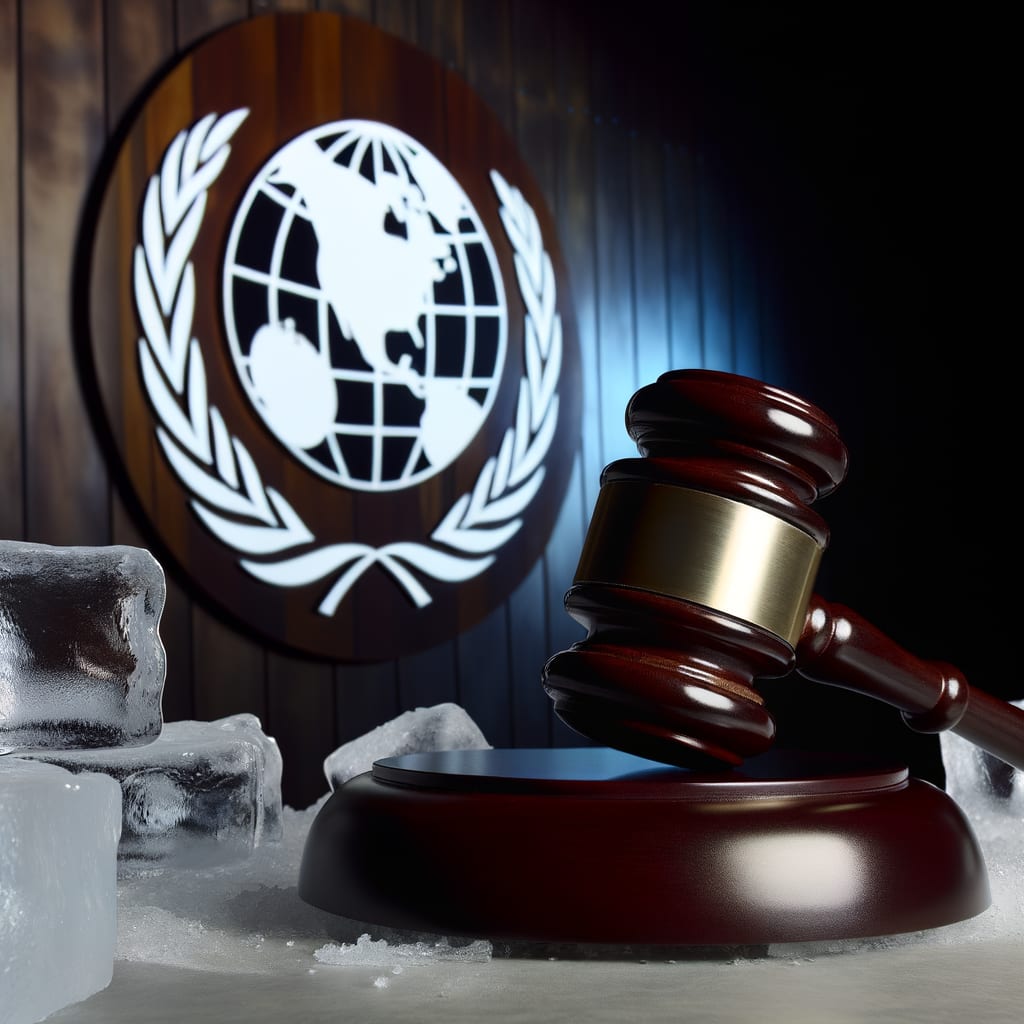US Expands Sanctions on International Criminal Court Officials
In a controversial move, the US government has imposed sanctions on four more officials from the International Criminal Court (ICC), citing national security reasons and accusing the court of acting without the consent of the US or Israel. The action has sparked criticism from the international community and is seen as an attempt to curb the ICC's investigations into alleged war crimes committed by American and Israeli officials.
Background on the Sanctions
The four sanctioned ICC personnel include Judge Nicolas Guillou of France, ICC Judge Kimberly Prost (Canada), and ICC Deputy Prosecutors Nazhat Shameem Khan (Fiji) and Mame Mandiaye Niang (Senegal). These officials have been accused of direct involvement in efforts by the ICC to investigate or prosecute American or Israeli nationals without the consent of either nation. As a result of the sanctions, any assets these individuals hold in US jurisdictions are frozen.
The US Secretary of State Marco Rubio described the ICC as a national security threat and an instrument used for lawfare
against the US and its close ally Israel. The Trump administration's decision to impose sanctions on ICC officials has been a recurring strategy, with several similar actions taken in the past.
International Reactions
The move has been welcomed by Israeli Prime Minister Benjamin Netanyahu, who himself is subject to an arrest warrant from the ICC. He praised the decision as a firm step against the false smear campaign targeting Israel. However, this stance has not been echoed by the international community.
The International Criminal Court responded by describing these sanctions as a blatant attack
against the independence of the institution. The United Nations echoed this sentiment, stating that the new US sanctions against members of the ICC undermine justice.
A US-Palestinian advocacy group, the Adalah Justice Project, also condemned the decision. Executive Director Sandra Tamari told Middle East Eye that the sanctions confirm fears that international law does not apply to the powerful, regardless of the gravity of their crimes. She described the sanctions as a moral failure and a political move.
Concluding Remarks
The Trump administration's sanctions have added pressure on the ICC, which has been investigating alleged war crimes by US and Israeli officials. Critics argue that the move is a direct attempt to hinder the court's proceedings and limit its independence. However, the US maintains that the ICC's actions constitute a threat to national security. As the international community watches closely, the implications of these sanctions on the future operations of the ICC remain to be seen.

